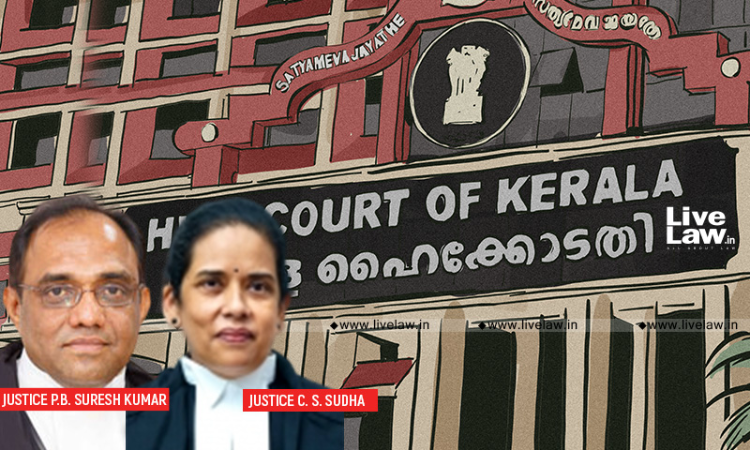Employee Accused Of Embezzlement Must Be Kept Away From Establishment Till Enquiry Is Completed: Kerala High Court
Hannah M Varghese
8 July 2022 2:00 PM IST

The Court added that if these accusations were baseless or genuine was a matter of enquiry.
Next Story


